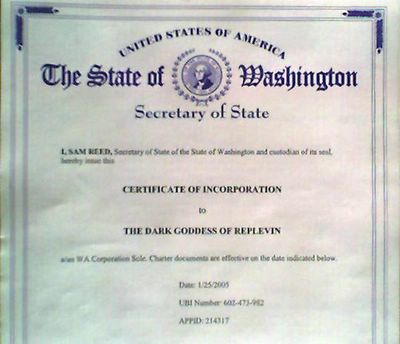Interesting observation, but not entirely correct on either count. Not all priests take vows of poverty; only "religious" priests, as opposed to "diocesan" ones, do. I do not believe that Cardinal law is a "religious" priest, that is, a member of a religious order, judging by this biography/obituary-in-a-can that the Boston Globe lifted from the New York TImes (with proper attribution, of course). Furthermore, there is an entire chapter of canon law devoted to "religious raised to the episcopacy" which basically says that he could wiggle out of former obligations "that he prudently judges are not compatible with his condition." And under Massacusetts law, The Roman Catholic Archbishop of Boston basically owns the entire archdiocese as a corporation sole, one of those marvelously arcane legal entities they certainly didn't teach me about in law school. As an entity it appears to be much beloved of earnest but indiscriminate laypeople.
But that got me wondering--how much information about the Archdiocese of Boston's finances, and the assets held by the Roman Catholic Archbishop of Boston, A Corporation Sole, can be sussed out by one researcher in Seattle, even if she is a Dark Goddess of research as well as replevin? Well, here's another suggestion that under civil law the cardinal owns at least the real estate of the archdiocese personally. And it looks like a great deal of the legwork on this one has already been done by the Boston Herald. And here's an oddity--the most detailed description of the Herald article, which is not easily accessible on line, though there seems to be a reprint here--appears in the Pilot, the Archdiocese of Boston's newspaper. Somehow I don't think there's full financial disclosure on the Archdiocese's website.
Stay tuned.

No comments:
Post a Comment